Associate / Strategy & Sustainability Innovation / Brisbane
Audrey Penney
12 May 2022
Audrey has over 20 years of experience operating in the sustainability sector in various capacities. She more recently consulted within the education sector to universities, VET, and secondary as well as Local Government and private industry, particularly manufacturing. Her expertise lies in educating for sustainability, business development, strategy, community development and Corporate Social Responsibility.
How long have you worked in sustainability, and why sustainability?
I grew up in a small coastal town in Scotland in the ‘70s, where US nuclear submarines found a home in Scottish waters at the height of the Cold War. As a young child, I absorbed how the relocation of these nuclear submarines had social, demographic, environmental and economic impacts across my small town and our community. The ecological impact on water and sea life, disruption in our food chain and the economic devastation for the local tourism industry and fisheries, were some of the impacts that resonated for some time after their departure in the early 1990’s. The experience taught me how all these systems correlated and ignited a passion for defending the environment that was my world and playground.
For the past 25 years, I have worked in sustainability in different sectors, including at the National Centre for Sustainability (Swinburne), a large regional TAFE, and the Community Development sector as a consultant and project coordinator. With education as the catalyst in multiple positions (sustainability coordinator, Industry, and Community Engagement Manager), I strive to change the perception of sustainability from an ‘add on’ or a side point to weaving and contextualising it into an existing framework that results in it being a value-add proposition.
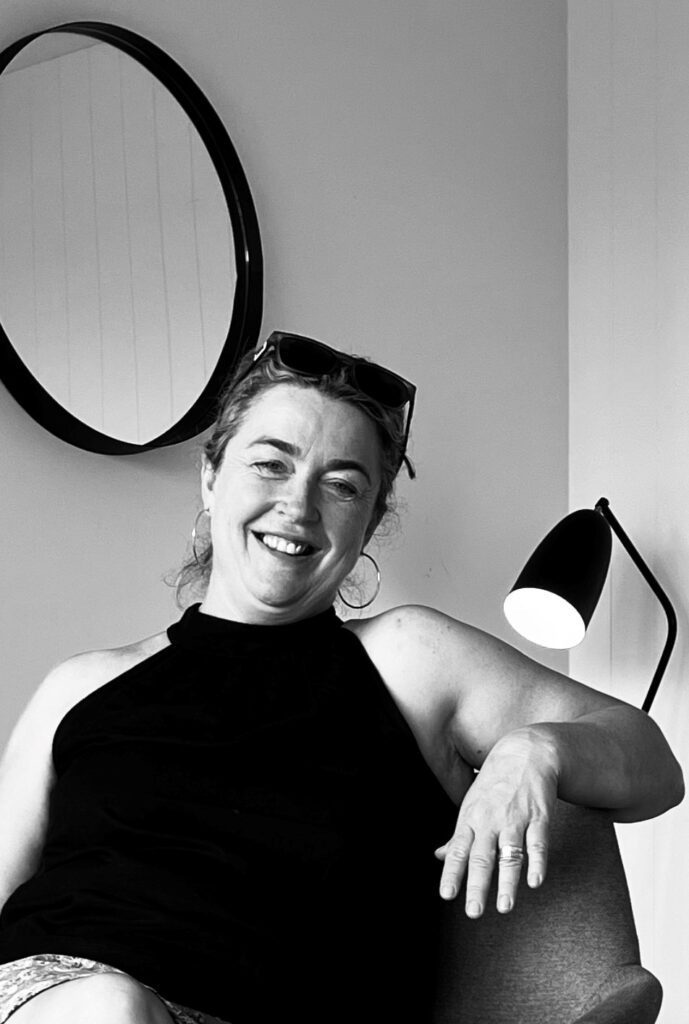
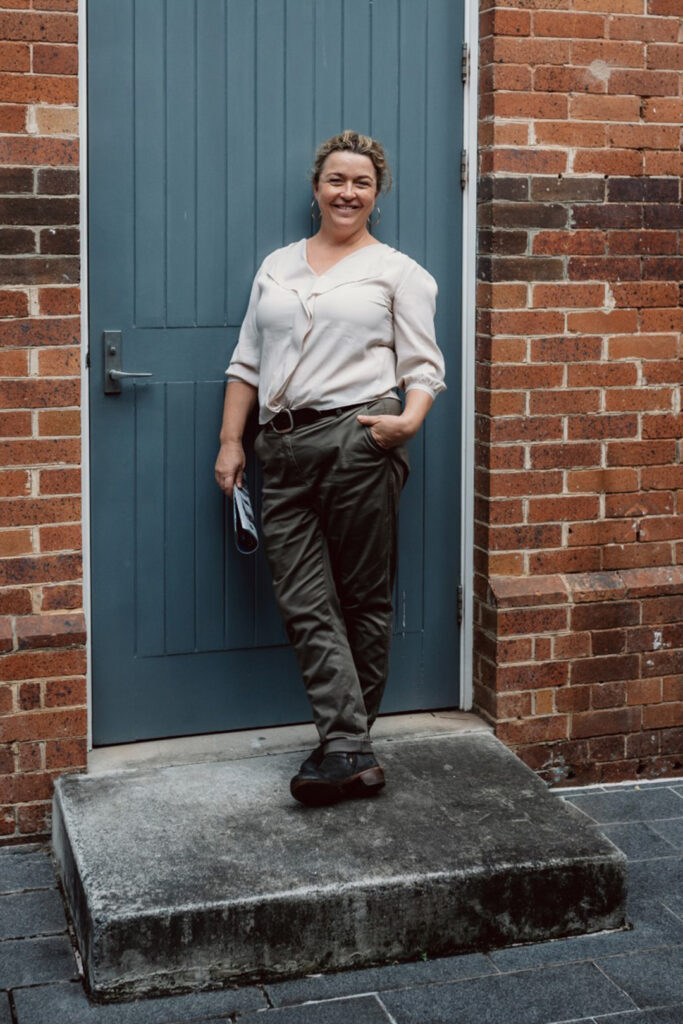
And career highlights?
I loved working with Indigenous Elder Dougie Ryder and his dog ‘No’ in Western Australia (Kalbarri). When Dougie wasn’t working in the mines, he travelled around schools educating young people about his people’s (Nanda) stories. I worked as his assistant, and the experience gave me a heightened understanding and respect for the Indigenous people of this land and deep humility of how much we need to learn to develop a sense of stewardship.
Another career highlight was helping a large regional TAFE establish their Corporate Social Sustainability Strategy with projects such as The Northern Bay Guarantee, which delivered strong educational pathways to reduce intergenerational poverty in targeted disadvantaged communities. The project produced exceptional results and was very impactful for some participants.
Have you experienced any significant hurdles over your career?
Many. The most obvious is that sustainability has had a challenging journey over the past few decades. It has morphed and weaved itself to be redefined for altruism and greenwashing. As an educator and facilitator meeting a diverse group of audiences, you never know what angle people will take with it, so the challenge is to remain non-judgemental, resilient and agile as you pivot to meet people where they are at, at that point. It is essential to find a common language of understanding to move forward to understand better the broader aspects of what sustainability is, relative to their particular objectives.
Finally, sustainability has, most assuredly, got a seat at the economic, political, and corporate table, so the challenge now is to accelerate that deeper understanding of sustainability to the broader community– and quickly!
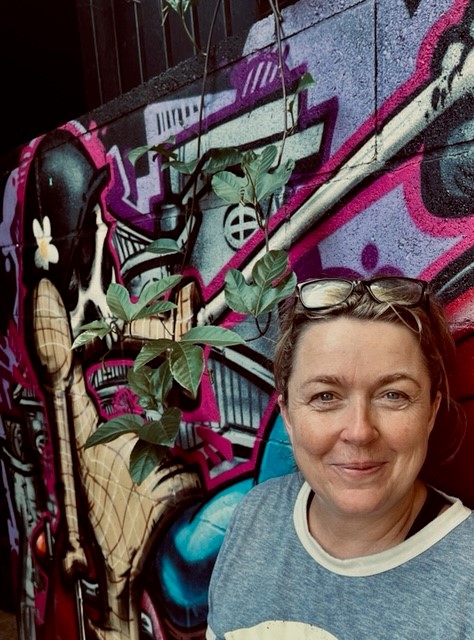
Australia has a real opportunity to redefine and reimagine our manufacturing sector and pivot away from trying to compete on price.
I think there is room for Australia to do better. Coming from Europe, I am interested in keeping abreast of what they are doing. For example, the Dutch and the Netherlands are forging a robust economic circular pathway with government strategy and funding support. This initiative has assisted with the amount of innovation and entrepreneurialism coming out of that region.
What changes would I like to see? Australia has a real opportunity to redefine and reimagine our manufacturing sector and pivot away from trying to compete on price (which we will never be able to do and nor should we). Instead, we should entertain the idea of developing bespoke, nuanced manufacturing with emerging serviceability supply chains, using waste as a valued component material and exploring opportunities in bio-utilisation in the engineering, building and construction industries.
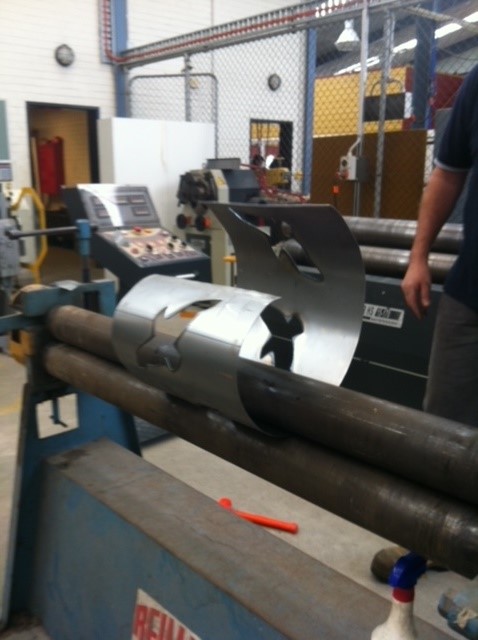
ADP has begun developing their Reconciliation Plan and actively seeks to acknowledge and foster a relationship with First Nations People across Australia. Understanding the narrative both Indigenous and colonial cultures offer in the sense of bringing, amongst other things, ecology to the design phase of a project through acknowledgement of place and being creative about materials used is important so we can help clients understand that wider sustainability service offering.
The narrative then changes from one of cost to one of value as they begin to understand the value of future-proofing assets. Another difference is setting audacious sustainability goals within the organisation and our offering. By becoming a company that gives more than it takes, we are helping to shift the perception of the built environment from footprints of impact to handprints of legacy.
What does ADP’s vision of ‘creating great environments with great people’ mean to you?
I wanted to work for ADP because of the sustainability vision fostered here. It’s a competitive market, and it takes a brave organisation to stand out from the crowd. ADP is creating both internal and external frameworks that help us ‘walk the talk’ internally in our operations and create a broader offering of what sustainability looks and feels like in a built environment.
Creating great environments with great people is a fantastic ethos because it needs that holistic perspective to create sustainable solutions. Over a month in, I can see that ADP is abound with innovators, systems thinkers, creators, problem solvers, cultural and health advocates and more. I love it!!
Also, by creating the potential to develop a landscape of co-opetition – collaborating with engineering innovation from other firms then competing on price and value, secure in our ability to deliver unique, and culturally sensitive projects that are future focussed and authentic. This approach assures our position as a market leader which I think, resonates with clients.
Culturally sensitive projects that are future focussed and authentic assure our position as a market.
I love growing my own food. I used to have an organic farm in Southwest Victoria and developed a passion for soil health. I am passionate about our farming community and the sustainable innovation happening in that space.
I also love arguing with my kids. We have very robust dinner time conversations, and I enjoy being challenged by them and witnessing them develop their unique perspective of this beautiful world we live in.
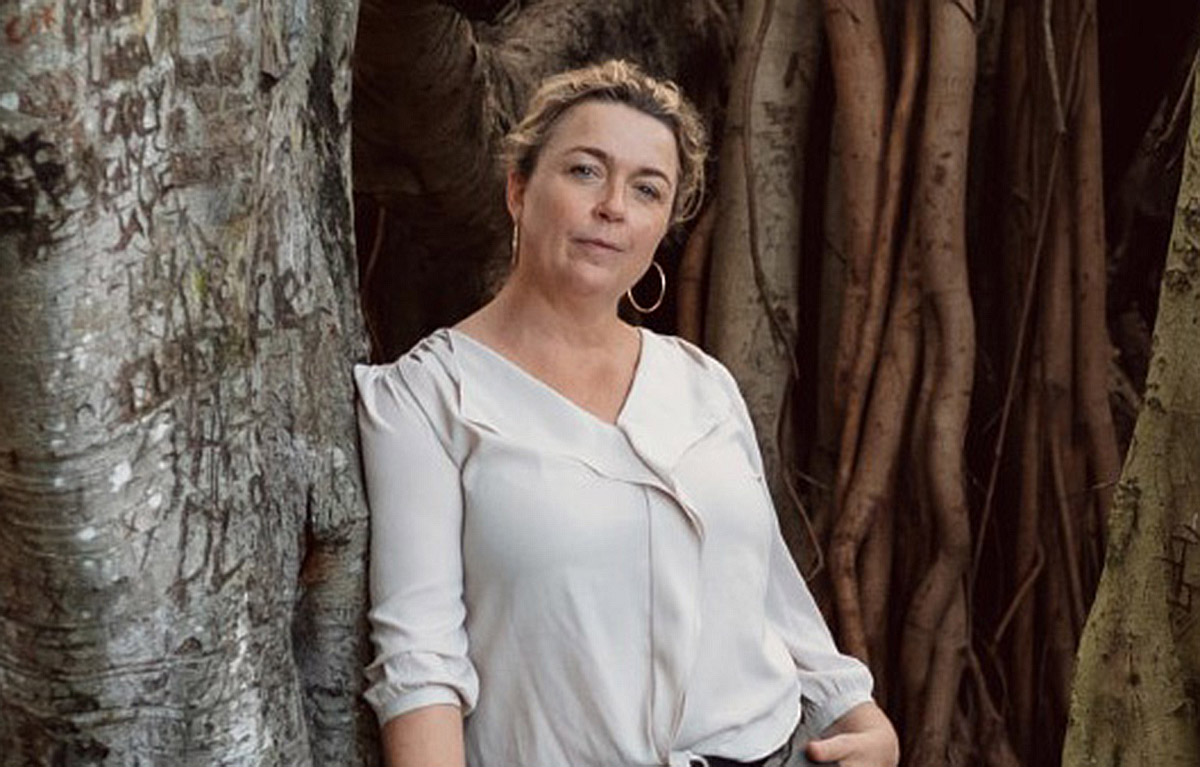
Associate / Strategy & Sustainability Innovation / Brisbane
Audrey Penney
P: +61 7 3088 4022
M: +61 457 556 434
E: [email protected]